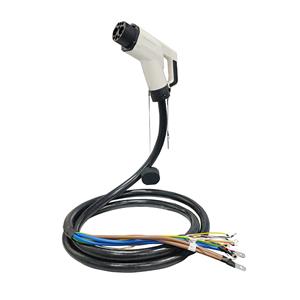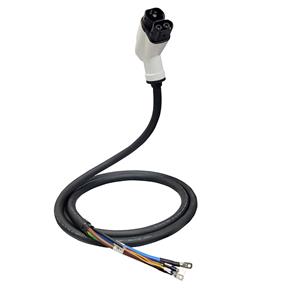Selection Criteria for Precision Shunt Resistors
When selecting precision shunt resistors for specific applications, it is important to consider several factors to ensure optimal performance. These factors include resistance value, tolerance, power rating, and thermal considerations. In this article, we will provide guidance on selecting the most suitable precision shunt resistors based on these criteria.
1. Resistance Value: The resistance value of a precision shunt resistor should be carefully chosen to match the expected current range of the application. It is essential to select a resistance value that allows for accurate measurement without causing excessive power dissipation. A higher resistance value will result in a smaller voltage drop across the shunt resistor but may require higher amplification for measurement. On the other hand, a lower resistance value will allow for higher current measurement but may result in a larger voltage drop.

2. Tolerance: The tolerance of a precision shunt resistor refers to the allowable variation in resistance from its stated value. It is crucial to consider the required level of accuracy for the current measurement application. For applications that demand high precision, such as battery management systems or electronic load testing, resistors with tight tolerances (typically 1% or lower) should be selected. However, for applications where a higher tolerance is acceptable, such as inverter control, resistors with higher tolerances can be used to reduce costs.
3. Power Rating: The power rating of a precision shunt resistor determines the amount of power it can safely dissipate without causing temperature rise or damage. It is essential to select a resistor with a power rating that can handle the expected current and voltage levels in the application. Choosing a resistor with a higher power rating than required ensures reliability and prevents overheating. It is also worth considering the operating temperature range to ensure the resistor can perform reliably in the expected conditions.
4. Thermal Considerations: Precision shunt resistors generate heat when current passes through them, and this heat can affect their accuracy and long-term stability. Thermal considerations, such as thermal resistance and temperature coefficient of resistance, are important when selecting precision shunt resistors. A lower thermal resistance ensures efficient heat dissipation, while a lower temperature coefficient of resistance maintains stability across different temperatures. It is crucial to consider these factors to ensure accurate and reliable current measurements.
5. Environmental Factors: It is also important to consider environmental factors such as humidity, vibration, and shock resistance when selecting precision shunt resistors. For applications in harsh environments, resistors with high resistance to environmental stress should be chosen to ensure long-term reliability.
In conclusion, selecting the most suitable precision shunt resistors requires careful consideration of resistance value, tolerance, power rating, thermal considerations, and environmental factors. By understanding the specific requirements of the application and evaluating these criteria, one can choose precision shunt resistors that provide accurate, reliable, and stable current measurements.
SEO Keywords: precision shunt resistors, resistance value, tolerance, power rating, thermal considerations, environmental factors.




